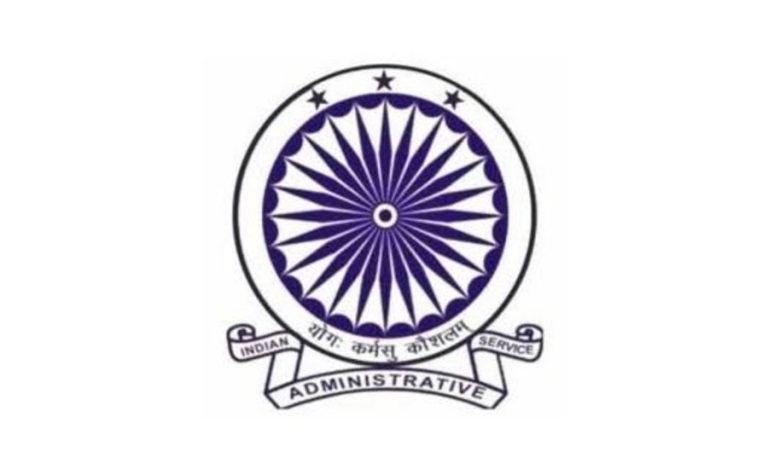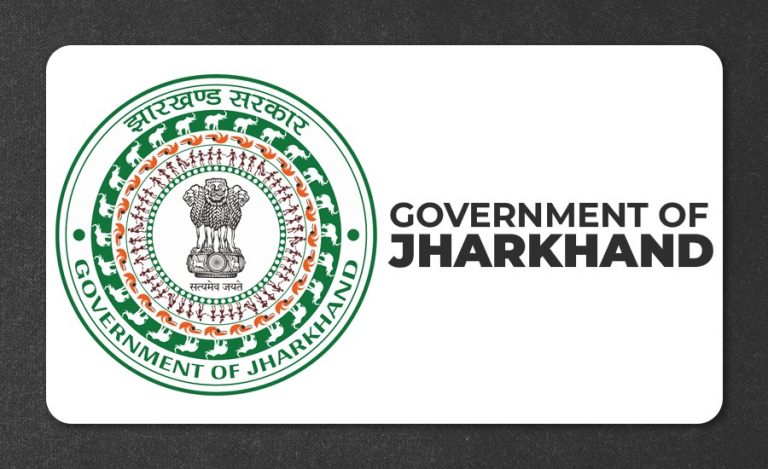New Delhi/ Bhopal: In a sharp rebuke of law-enforcement standards, the Supreme Court of India has taken serious note of a false affidavit filed by the Madhya Pradesh Police in the course of opposing a bail plea. The court found that the police claimed the accused had “eight other criminal antecedents”, when in fact in four of those cases the person was not even an accused.
Background of the MP Police False Affidavit Controversy
The incident arose when an accused named Anwar Hussain sought bail in a trial-court matter. The police, opposing the bail plea, submitted an affidavit which alleged he had eight separate criminal antecedents.
However, counsel for the accused pointed out that in at least four of those cases — including one under Section 376 IPC (rape) — the accused was not involved at all.
When confronted, the State admitted the error, stating that the mix-up occurred because the accused and his father shared the same name, and the data was “computer-generated”. The Bench of Justices Ahsanuddin Amanullah and Sandeep Mehta rejected this explanation outright.
What the Supreme Court Held
- The Bench described the situation as serious, given that a false statement was made in a judicial proceeding affecting personal liberty.
- The court directed that Anwar Hussain be granted bail, subject to conditions to be imposed by the trial court.
- Crucially, the court issued show-cause notices to two senior police officers: Dishesh Aggarwal (Additional Deputy Commissioner of Police, Officer-in-charge) and Indramani Patel (Station House Officer of the concerned police station).
- It directed that these officers, and all others involved in preparing the incorrect affidavit, must appear personally before the Bench on November 25, 2025, and file their explanations at least two days in advance.
Importance of MP Police False Affidavit Controversy
The case highlights the danger of automated or generative data processing by police departments without verification; the “computer-generated” defence was firmly rejected.
→ It underscores judicial insistence on accuracy and accountability in matters affecting liberty. When an affidavit misstates antecedents, the foundation of the prosecution’s stance gets undermined.
→ The action against senior officers signals that not only the error but responsibility will be scrutinised — a key message for law-enforcement agencies across the country.
→ For the public and legal practitioners alike, it re-emphasises that the liberty of a citizen cannot be compromised by sloppy or false police affidavits.
The Road Ahead
On November 25, 2025, the matter came up for further hearing, where the officers must answer for the error and face potential disciplinary or judicial consequences if their explanation fails to satisfy the Bench.
- The trial court will now impose bail conditions on Anwar Hussain and decide remaining proceedings in light of the disclosure of wrong antecedents.
- This case might prompt systemic review within Madhya Pradesh Police (and possibly elsewhere) about procedures for preparing affidavits, verifying automated data, and ensuring correct identity matching (especially where father & son share names).
- Legal practitioners will note this as a precedent for challenging affidavits with incorrect antecedents, and police officers will likely review how criminal history data is compiled and presented before courts.





























